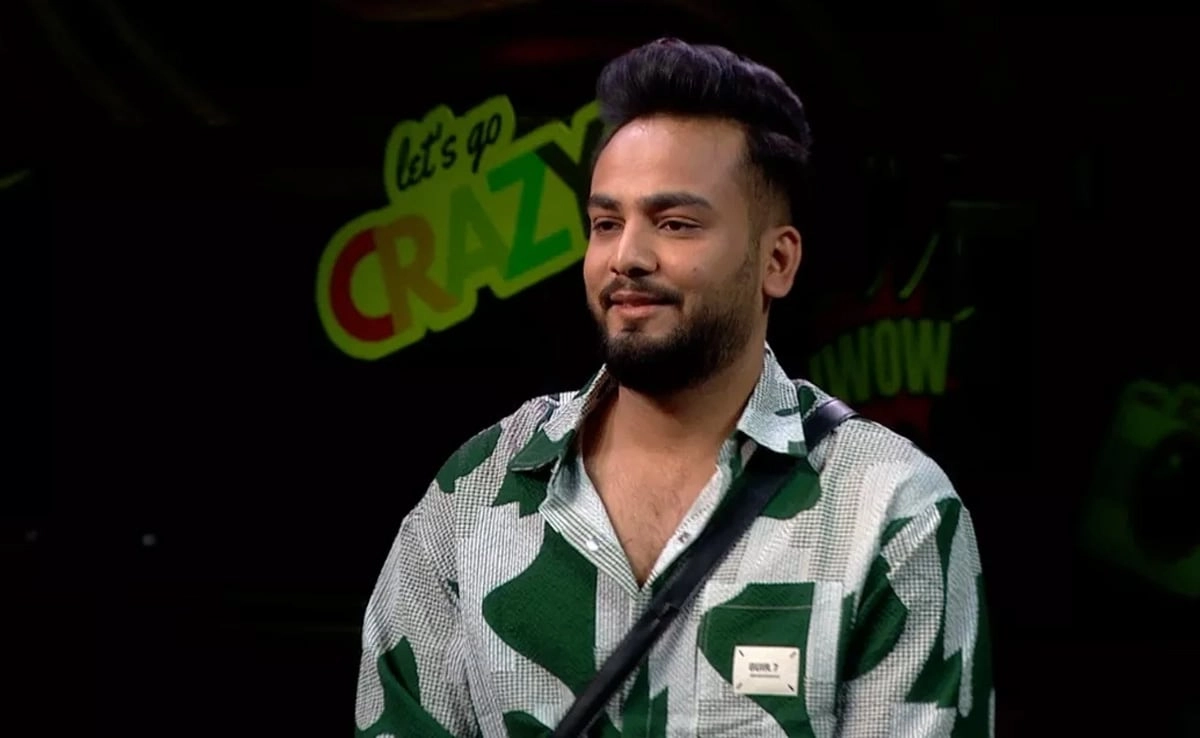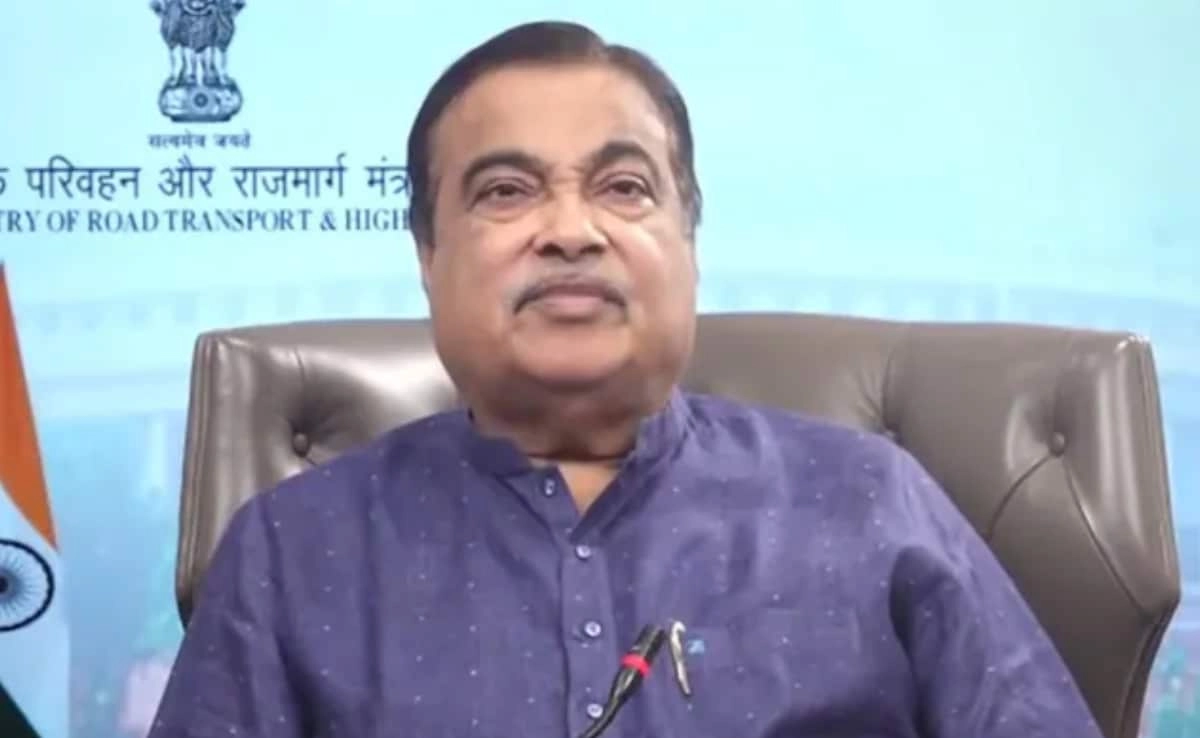The Supreme Court has intervened in the case against popular YouTuber Elvish Yadav, known for his comedic and entertaining content, by issuing a stay on the trial related to allegations concerning snake venom. This verdict comes as a significant relief for Yadav, who has garnered a massive following on social media platforms. The case has drawn considerable public interest, given Yadav’s prominence and the serious nature of the allegations. The legal proceedings were set to examine claims that Yadav was involved in the illegal trade or possession of snake venom, a substance that is heavily regulated due to its potential use in illicit activities.
Elvish Yadav’s legal team argued that the charges against him were not only unfounded but also detrimental to his reputation and career. The Supreme Court’s decision to stay the trial reflects the judiciary’s recognition of the importance of ensuring fair legal procedures, particularly in cases involving public figures. Yadav’s supporters have expressed relief at the news, viewing the stay as a temporary reprieve that allows him to continue his work without the looming threat of a trial. The case also raises broader questions about the intersection of social media fame and legal challenges, as influencers often find themselves under scrutiny for their actions, both online and offline.
The snake venom case serves as a reminder of the complexities surrounding the influence of social media personalities and the legal ramifications they may face. As the court proceedings are paused, many are left to ponder the implications of this case for Yadav’s future and the potential impact on the broader community of content creators. The situation underscores the delicate balance between freedom of expression and the responsibilities that come with it, particularly for those in the public eye. The Supreme Court’s ruling may set a precedent for similar cases in the future, influencing how legal systems approach allegations against digital influencers.




